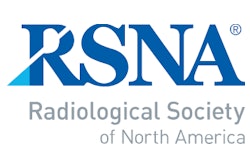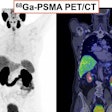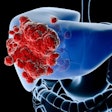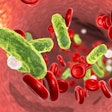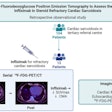Dear AuntMinnie Member,
Deep learning was all the rage at the recently concluded RSNA 2016 meeting in Chicago. In one presentation from the meeting, researchers from Ohio State University discussed their development of a deep-learning algorithm to discover critical findings on head CT scans.
The algorithm is designed to eliminate delays in recognizing critical findings that can prevent patients from getting timely treatment. The researchers tested the algorithm in 500 noncontrast head CT exams, finding that it performed well in terms of both sensitivity and specificity for recognizing cases with emergent findings.
The researchers now plan to test the algorithm on an expanded case mix that includes a broader range of possible diseases that could be found on noncontrast head CT scans. Learn more by clicking here, or visit our CT Community at ct.auntminnie.com.
6 tips for breast cancer risk assessment
Some breast imaging practices are adding risk assessment to their protocols for determining which patients should receive breast cancer screening and how often. In a new article in our Women's Imaging Community, we offer the story of how a Colorado practice does it.
Invision Sally Jobe in Denver has a genetic counselor on staff who performs risk assessments for patients; the practice uses the assessments to develop individualized screening protocols. Find out the six tips they believe can help your facility do the same by clicking here.
While you're in the community, be sure to check out this article on racial disparities in breast cancer screening in the U.S.
3D printing in radiology
Finally, be sure to visit our Advanced Visualization Community this week, where we're highlighting a new article that has some great tips for setting up a 3D printing operation in your imaging facility. Just click here for that story, or go to av.auntminnie.com.




